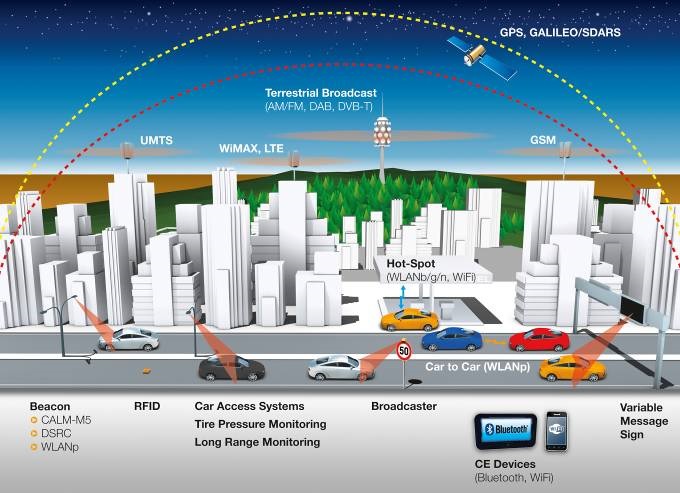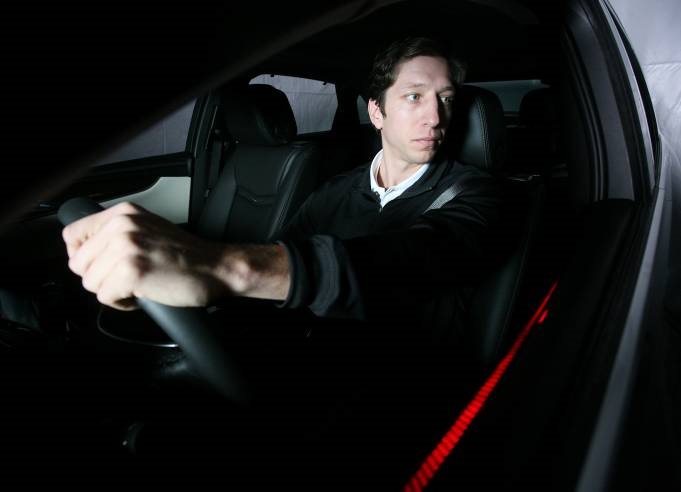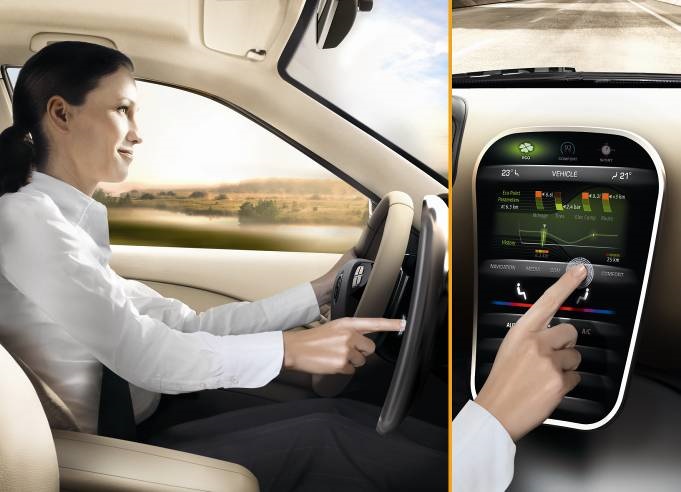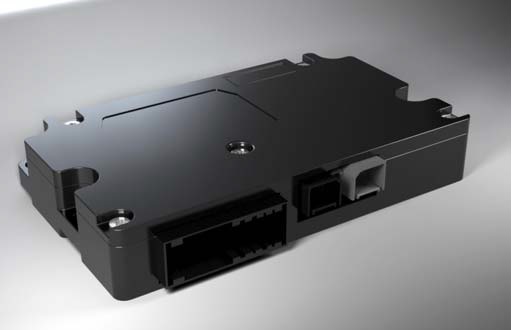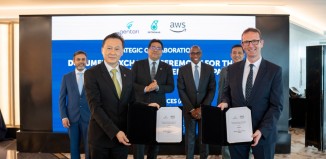Continental steps up development of vehicle connectivity technologies
The modern motor vehicle is getting not only increasingly sophisticated, but also increasingly interconnected. International automotive supplier Continental sees great potential in the development of technologies supporting vehicle connectivity and the company believes that the connected vehicle will be a key future development area.
Most current vehicles already operate with a network of systems managing various onboard functions. consumption. Drive control units communicate with safety functions and body electronics via data buses. Thus, for example, a rain sensor not only activates the wipers, it can also ensure that the electronic brake system adjusts to the wet conditions.
“Today, more and more new vehicle functions are already based on connectivity. To create innovative functions, we are linking vehicle components and systems ever more closely with one another and, at the same time, increasingly connecting the vehicle to the outside world,” explains Ralf Lenninger, head of the Strategy and Development department of Continental’s Interior division.
Where onboard radios were once upon a time regarded as a luxury in a motor vehicle, these days we frown at cars for not offering USB and Bluetooth interface, and above a certain price range, we expect fancy colour touchscreens to occupy the centre console. Modern vehicles have effectively become moving supercomputers, and the next development is certainly outward connectivity by means of Internet connection and car-to-car communication.
Connection to the Internet can be via the vehicle’s own telematics box or through integration of a smartphone. Standards such as Near Field Communication or wireless charging are part of a growing infrastructure to integrate smartphones more and more smoothly in vehicles. Continental is working on using smartphones not only for music streaming and phone communication, but also as the vehicle key, for personalizing the seat position or for navigation purposes.
Beyond the sophisticated network of onboard sensors currently available to vehicles, Continental believes that connectivity to other vehicles will be the next step in vehicle safety in that it enhances the vehicle’s perception of its surroundings. Sensor data from one vehicle can be shared in the information cloud accessible by all vehicles, which can then prime their systems to suit prevailing conditions. In accordance with the Car2Car Communication Consortium, Continental foresees introduction of initial series applications starting in 2016.
“With vehicle-to-X communication, we are basically expanding the sensing range of the vehicle’s own sensors by a cloudbased seventh sense. This makes the vehicle part of the Internet of Everything and creates the basis for an intelligent transport system with a whole new world of functions,” adds Lenninger.
Online diagnostic services, parking space reservations or tailor-made insurance tariffs are just a few examples of the many possibilities. For fully automated vehicles, a realtime data carpet from the cloud providing exact information on the current traffic situation along the route ahead is one of the basics still to be developed.
“In order to meet the requirements of a connected vehicle for fully automated driving, Continental will link different industries and is relying on a high-scaling IT infrastructure,” concludes Lenninger.
On a separate subject but still related to connectivity, Continental is also welcoming the European Commission’s initiative in making the automatic emergency call (eCall) function standard in motor vehicles as of October 2015. The company has developed an in-vehicle telematics unit which automatically transmits a distress call after an accident.
The system can be adapted at short notice to the needs of different vehicle manufacturers, in order to put the desired spectrum of functions for a given situation at disposal – it essentially means the system can be customized according to available budget of the client manufacturer. Continental believes that the system is well on track to be ready for volume production by 2015.
KON
Pictures: Official Continental release.




